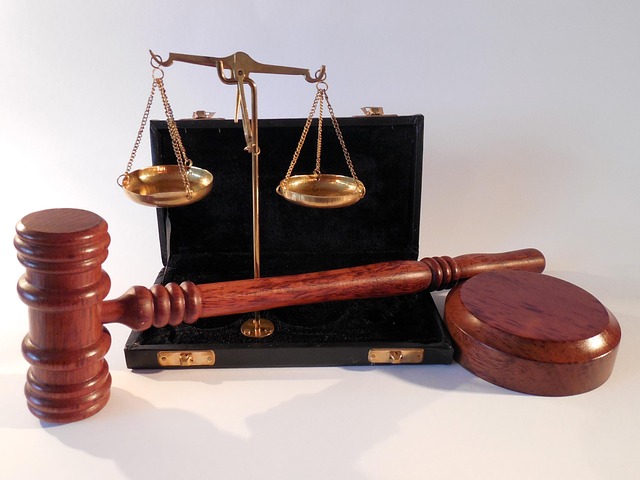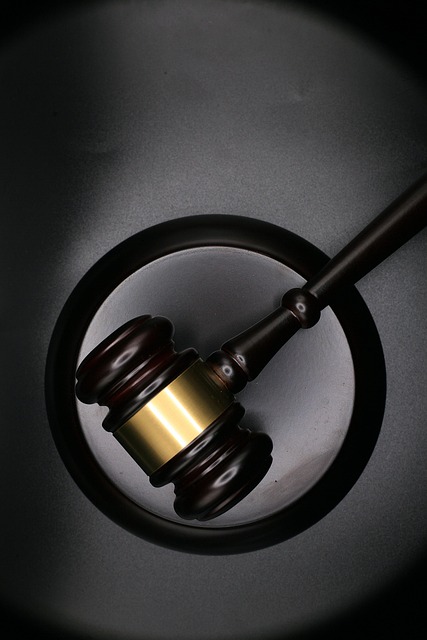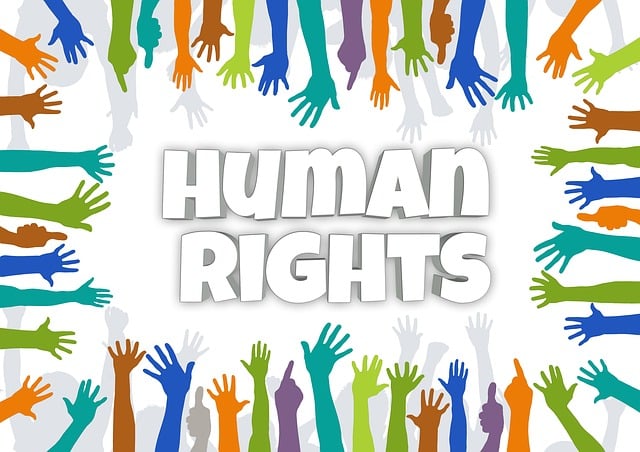Whistleblower protection laws, varying by region, safeguard individuals who expose illegal or unethical activities from retaliation. Understanding these protections is crucial for filing a class action lawsuit, especially in cases involving criminal law violations like white-collar crimes. To initiate such a claim, plaintiffs must meet specific eligibility criteria and demonstrate shared common issues of law and fact. The process involves identifying violations, gathering robust evidence, and filing in federal or state court, with potential for class action status. Legal expertise is essential for navigating complex legal landscapes, preparing pleadings, and winning verdicts. Professional assistance ensures compliance with laws and can lead to financial compensation or policy changes based on case merits.
“Whistleblower protection lawsuits are a powerful tool for individuals who expose illegal or unethical activities within organizations. This comprehensive guide delves into the intricacies of whistleblower laws and their application, offering insights on how to file a class action lawsuit. Understanding eligibility criteria, the step-by-step claim filing process, evidence gathering, and legal representation is crucial for those looking to take action. Learn how to navigate the system effectively and explore potential outcomes when pursuing a class action claim related to whistleblower protection.”
- Understanding Whistleblower Protection Laws and Their Applicability
- Eligibility Criteria for Filing a Class Action Lawsuit
- The Process of Filing a Claim: Step-by-Step Guide
- Gathering Evidence and Documenting Your Experience
- Navigating the Legal System: Representation, Costs, and Potential Outcomes
Understanding Whistleblower Protection Laws and Their Applicability

Whistleblower protection laws are designed to safeguard individuals who expose illegal or unethical activities within their organizations from retaliation. These laws vary by jurisdiction but generally provide a legal framework for employees to report such practices without fear of loss of employment, demotion, or other adverse actions. Understanding these protections is crucial when considering how to file a class action lawsuit claim.
For those facing situations where their organization’s conduct violates criminal law, such as in white-collar crimes, seeking guidance from a general criminal defense attorney can be beneficial. However, for cases involving specific whistleblower protection statutes, specialized legal counsel in white-collar defense is often required. By leveraging these laws effectively, individuals and groups can not only protect themselves but also contribute to winning challenging defense verdicts, ensuring justice is served. Additionally, understanding the applicability of these laws is key in navigating complex legal landscapes, which might include filing a class action lawsuit claim.
Eligibility Criteria for Filing a Class Action Lawsuit

When considering how to file a class action lawsuit claim, understanding eligibility criteria is paramount. To initiate such a legal process, plaintiffs must first meet specific requirements. These often include being part of a defined group or having experienced similar harm caused by a common defendant. The scope of a class action is determined by the court based on these criteria, ensuring that all claimants have a direct interest in the outcome.
For individuals seeking justice through this collective approach, it’s crucial to demonstrate that their claims share common issues of law and fact. This strategy has proven effective, with many successful class action lawsuits boasting an unprecedented track record of achieving extraordinary results. The potential for jury trials further emphasizes the impact of these legal actions, offering a powerful platform for affected parties to seek redress collectively.
The Process of Filing a Claim: Step-by-Step Guide

Filing a whistleblower protection lawsuit involves a structured process that requires careful navigation. The first step is to identify a violation of state or federal laws, regulations, or rules that requires disclosure by an employee or individual with non-public information about an organization’s illegal activities. Once this determination is made, the next crucial stage is gathering evidence and documenting the facts related to the alleged violation. This includes any communication between you and your employer regarding the issue, along with relevant documents and records.
After consolidating these materials, a whistleblower can file a claim in federal or state court, depending on the jurisdiction and nature of the case. In many instances, a significant aspect of these cases is the potential for class action status. This means that multiple individuals who have experienced similar harm due to an employer’s actions could join the lawsuit. Navigating all stages of the investigative and enforcement process requires legal expertise, as it involves preparing detailed pleadings, gathering evidence, deposing witnesses, and potentially negotiating settlements or winning challenging defense verdicts across the country.
Gathering Evidence and Documenting Your Experience

When initiating a How to File Class Action Lawsuit Claim, gathering robust evidence and meticulously documenting your experience are pivotal steps. This process involves compiling all relevant facts, figures, and testimonies that support your case. Start by organizing any internal communications, financial records, or legal documents related to the alleged violations. Additionally, gather statements from colleagues who can corroborate your experiences or provide insights into the misconduct.
Effective documentation includes detailed notes on the dates, times, and circumstances of suspicious activities, as well as any evidence of a white collar defense strategies employed by the respective business. This comprehensive approach will strengthen your claim, making it easier to achieve extraordinary results in your class action lawsuit.
Navigating the Legal System: Representation, Costs, and Potential Outcomes

Navigating the legal system when pursuing a whistleblower protection lawsuit can be complex. The first step is understanding your rights and the applicable laws. Engaging an experienced attorney specializing in whistleblower cases is crucial for his clients. They can guide you through the process, ensuring compliance with legal requirements from the outset. This includes gathering evidence, preparing necessary documents, and identifying potential defendants, which are key aspects of how to file a class action lawsuit claim effectively.
Cost considerations are essential. Legal fees and associated expenses can be significant, especially in complex cases involving white-collar and economic crimes. However, many attorneys offer contingency agreements, meaning they only charge if there is a successful outcome, potentially achieving extraordinary results for their clients. Potential outcomes range from financial compensation to policy changes, depending on the case’s merits and the specific laws involved.
Whistleblower protection lawsuits play a pivotal role in upholding ethical practices within organizations. By understanding your rights under these laws and following the outlined steps, such as gathering evidence and navigating legal representation, you can effectively file a class action lawsuit claim. Remember, each case is unique, so seeking professional guidance is crucial for achieving favorable outcomes. Mastering the process of filing a whistleblower protection lawsuit equips individuals to hold accountable those who violate public trust, fostering a culture of integrity in today’s business landscape.






